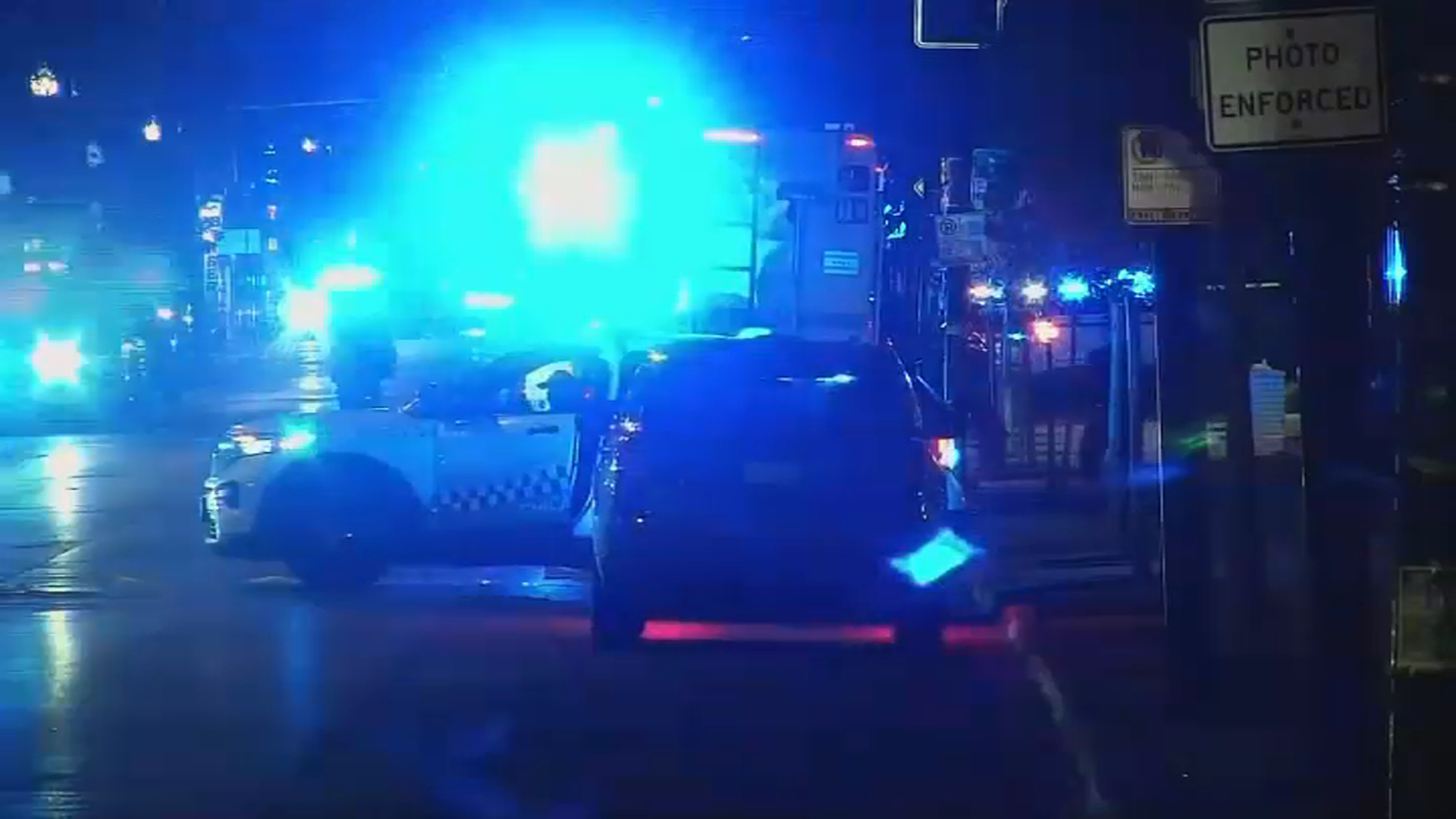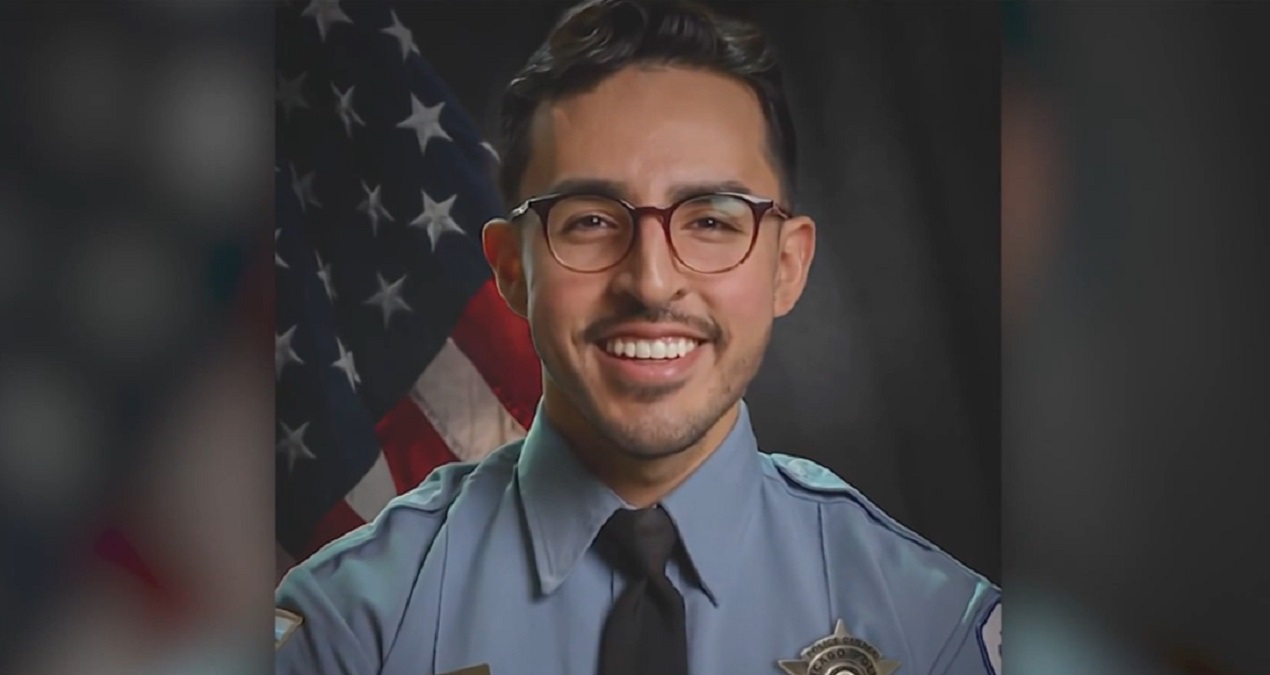Meetings in multiple Chicago suburbs were held on Tuesday night as several communities are rapidly trying to address an increase in unscheduled drop-offs from buses transporting asylum-seeking migrants.
The meetings come days after a plane carrying hundreds of migrants arrived in Rockford, with those individuals later transported to Chicago.
The suburban drop-offs greatly increased after Chicago officials enacted restrictions on when buses could drop off migrants, with bus drivers dropping migrants off in suburbs to circumvent the rules.
On Tuesday, Hinsdale was among the communities to enact restrictions on unscheduled drop-offs after the arrival of 11 unannounced buses in recent weeks.
Feeling out of the loop? We'll catch you up on the Chicago news you need to know. Sign up for the weekly Chicago Catch-Up newsletter here.
The ordinance that passed now requires bus companies to give notice five days before passengers disembark, with an application to the police chief also required.
Meetings discussing similar ordinances were held in Woodstock, Buffalo Grove and Joliet on Tuesday, with the ordinance passing in Woodstock.
Thus far, the following 11 municipalities have adopted or proposed ordinances that regulate migrant bus drop-offs, according to Burt Odelson, an attorney who is representing multiple suburbs proposing the ordinances.
- Aurora
- Chicago Ridge
- Cicero
- Elburn
- Matteson
- New Lenox (executive order)
- Orland Hills
- Rosemont
- Schiller Park
- Tinley Park
- University Park
Additionally, Schaumburg and Elk Grove Village have both passed ordinances that restrict undocumented migrants from being housed in hotels, with similar ordinances under consideration in the following municipalities:
- Buffalo Grove
- Calumet Park
- Hinsdale
- Joliet
- Summit
- Woodstock
Odelson noted that most of the proposed ordinances contain stiff penalties for buses who arrive without a permit, some of which include fees of $750 per person on the bus.
Local
Other ordinances have also proposed impounding buses that do not have permits, although neither state nor municipal officials can completely prevent the arrival of more buses.
"It's interstate transportation which involves federal laws. I've advised our municipalities not to turn anyone away as long as they have a sufficient permit," Odelson said.



